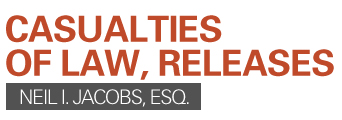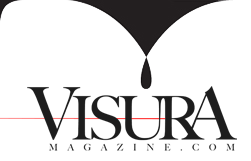
Releases? We don’t need no stinkin’ releases!
Well, maybe you do and maybe you do not. Photographers taking pictures of newsworthy events for publication (including e-publication) in news-dissemination media probably do not need releases from their subjects, but practically every other photographer will. Why? It is the right of privacy—in this sense the right to control dissemination of one’s likeness. While public figures lose aspects of their right to privacy by virtue of being public personalities (politicians, celebrities, sports stars, et al.) most private individuals do not (I will leave aside for now the related right of publicity, which is the right of public figures to control likenesses of their likeness–e.g. Marilyn Monroe dolls). Some states enshrine the right not to have one’s likeness used without permission in statute (like New York’s Civil Rights Law), but in every state the general rule is that if you want to take someone’s image and use it commercially, you must obtain a release (sometimes also called a liability waiver) from them.
The document is simple—one page long generally—and many forms can be found on the Internet. In fact, you can download a release-creating app from the ASMP [here]. If you photograph minors, you also need to obtain consent from a parent or guardian. If you photograph a private residence while you are on the boundaries of that property (as in using an apartment as a locale for a photo shoot), you should have the property owner’s consent on a release as well. Public locations are different from a property release perspective (but not from an individuals’ rights perspective)—as I said in my last post, you may photograph federal buildings freely, but some locations (like parks) may require photography permits. These requirements are legal and should be followed.
As for which releases are needed when you do crowd shots—well, I will deal with that complicated issue in a subsequent post but for now will leave you with this—if someone’s face is identifiable in the shot, you should have a release from them. Think you will just slide by? After all, who sues photographers anyhow? Well, read these New York cases and weep (or be good about getting releases)–Gallon v. Hustler ($30,000 for nude picture published without release), Beverly v. Choices Women’s Med Center ($75,000 for including image of abortion doctor in a calendar), Morsette v. The Final Call ($440,000 to woman whose image was distorted to make her appear to be a convict), Doe v. Merck ($650,000 for image of model in brochure implying she was HIV positive).
www.nijlaw.com





